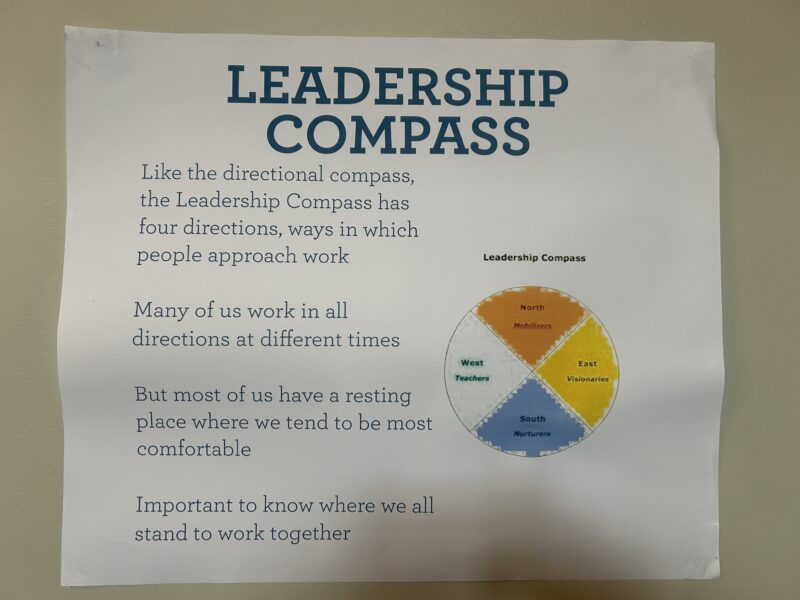The 7-11 Dilemma responses we have heard over the years tend to sort themselves in a manner echoing the work done by Harvard Professor Lawrence Kohlberg (1927-87) in his book Levels of Moral Development. Here’s how the most common answers break down accordingly:
1. “I’d keep the money because…”
Students who answer this way tend to rationalize their decision in a number of ways, the most common being the notion that keeping the money is just consolation for past experiences when they have been overcharged by cash register attendants. (i.e. “It all evens out.”) Others feel that the store pays the attendant to count change properly and believe that correct change is not the customer’s responsibility. More than a few have reasoned that it doesn’t bother their consciences to rip off a huge conglomerate like 7-11 as much as it might bother them to take the money from a “mom & pop” grocery store. Some claim that it’s simply the way one must operate in our “dog-eat-dog” world.
2. “I’d keep the money back because…. Turning to those who would give the money back, there are a variety of reasons, each reflecting different levels of character:
2. a. “… with my luck she’d realize her mistake by the time I got out in the parking lot and I’d look like a low-life sneak when she called out to me to re-enter the store.”
Here is a case of “right answer, shaky reason.” The next response, although on a higher moral plane, is an example of the same:
2. b. “I’ve worked in a store and I know that the attendant will have to make up the cash shortfall out of her own paycheck at the end of the day when the receipts are totaled up.”
This response is more encouraging than #2. a. but it is still morally shaky. I ask, “If the attendant were not charged for her error, would you keep the money and feel good about it?” The student then typically shifts uneasily, heart in conflict with her head.
2. c. “….My parents value the truth above all else and are absolutely intolerant of any dishonesty.”
Although perhaps a notch above 2. b., this response is accompanied by a fear of what would happen if the student were caught keeping the money. That fear is competing with the individual’s conscience. It may be a more moral response than 2. b. but it does raise some doubts. Fear is a poor substitute for conscience.
2. d. “I don’t know why. I just would.”
This response is music to the ears. When pressed for a reason, this student is often unable to explain why he/she would give the money back because with this individual, the response to give the money back is one borne of habit. It’s a reflex. And it’s a good one. After all, the actual 7-11 scenario is one that occurs on the fly. While we might analyze the dynamics ad infinitum here, the person standing at the counter doesn’t have that luxury. Hence, it’s all about reflexes!
I like to wrap up the discussion with the question “Is there a right answer?” The fact that some will answer “no” perhaps reflects a moral relativist perception of right and wrong as the stuff of subjective opinion to be resolved in the “eye of the beholder.” I respond with my hope that individuals will consider their answer to this question through the lens of the premise that “The truth is my primary guide.”
Onward, Malcolm Gauld


